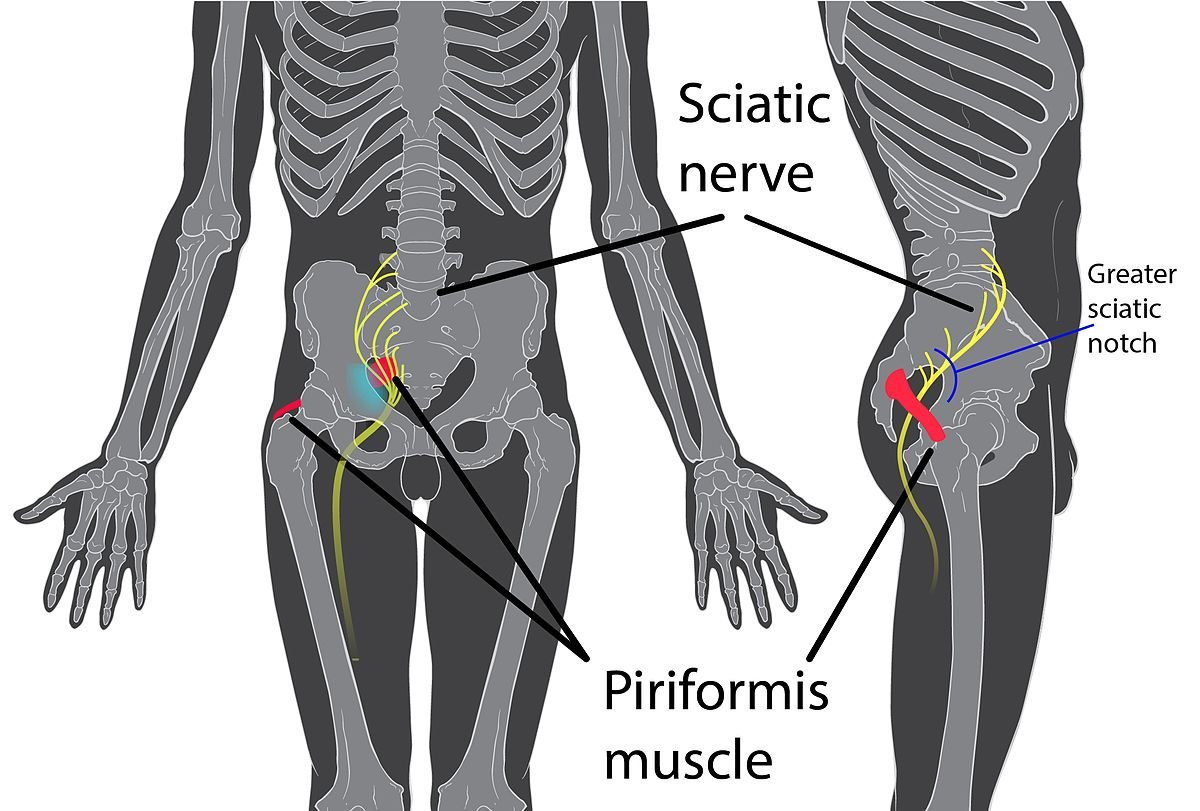Dry needling for Piriformis Syndrome
If you have Piriformis syndrome, then you probably already know what a pain in the butt it can be. I’m sure you want to know if acupuncture or dry needling can help and yes it absolutely can.
In fact, I recommend getting acupuncture over foam rolling or using massage balls for this. While I’m all for everyone doing some foam rolling or getting massages every now and again, by the time you have sciatic nerve pain or SI joint pain, it’s usually due to a Piriformis that’s tight and weak. Weak muscles shouldn’t be stretched or foam rolled.
The problem is you won’t know when a muscle on you is tight because it’s weak vs tight because of overuse. So, if you are having chronic sciatic nerve pain, or an uptick in pain, it’s best to come in and get assessed and treated with acupuncture and/or dry needling.
If you are an athlete, or someone who is very active, or a weightlifter please don’t mistake the term “weak” muscle as in someone who is lazy. I know young, active, people who are very athletic but have to sit or stand for hours at times for work and that could be part of why the weakness occurs. Piriformis syndrome can happen to anybody regardless of age or athleticism.
Signs and symptoms of Piriformis Syndrome
The Piriformis looks like two separate muscles but it’s actually just one with the tailbone in between it. The Sciatic nerve is the largest nerve in the body and when the piriformis gets tight, it compresses that nerve sending pain down the back of the buttock and down the back or down the side of the leg. Foam rolling or using a massage ball can further compress the nerve and result in more pain.
To recap, signs and symptoms of Piriformis Syndrome are:
Numbness, pain or tingling going down the back of the leg or side of the leg
Lots of discomfort when sitting, leading you to shift in your seat a lot
Can force you to slow down when walking or running
May or may not experience some urinary incontinence
See an Orthopedic doctor first if the pain, numbness or tingling goes down both your legs at the same time, especially if accompanied by issues with bowel and urinary incontinence.

